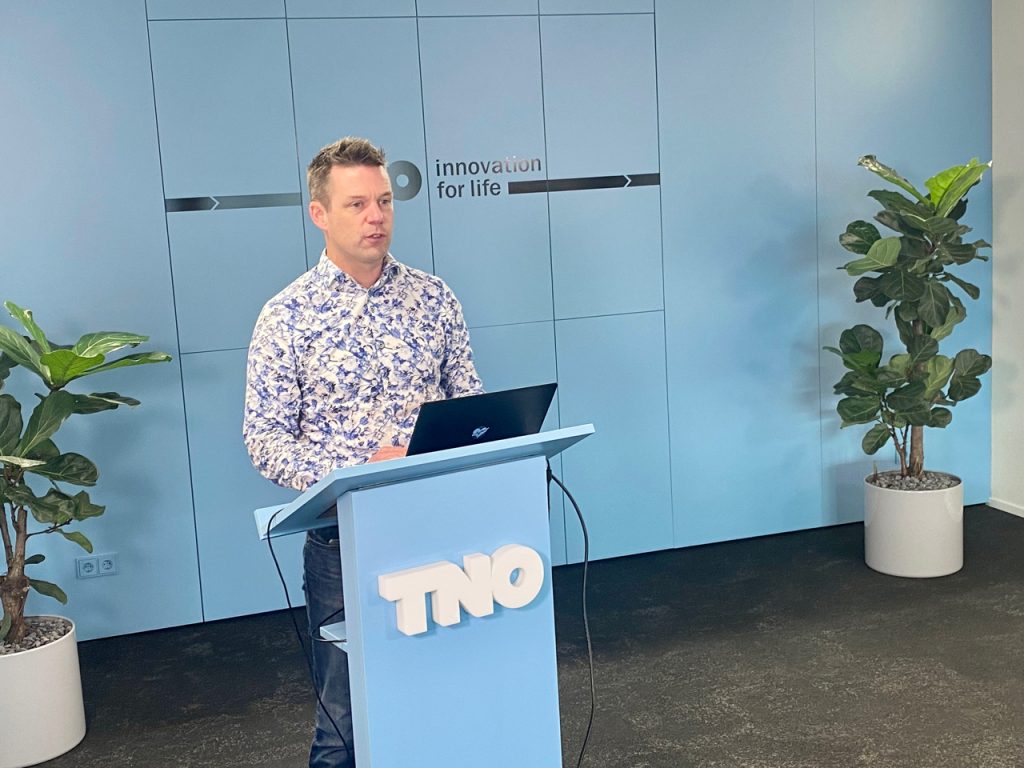The Roadmap on Carcinogens Challenge 4.2 aims to get more grip on carcinogens created as a by-product during a work process, so called process-generated carcinogens (PGCs). An international online workshop was organized on 23 November 2021 to share knowledge and thougths on elimination and control strategies to accelerate reduction in exposure to PGCs in Europe.
Why do PGCs need special attention?
As mentioned before, PGCs are created as a by-product during a work process. Examples are diesel engine emissions, respirable crystalline silica dust, wood dust, welding fumes. As PGCs are usually not considered within the REACH regulation and therefore not labelled and not referred to in Safety Data Sheets, these PGCs need special attention in OSH practice. Millions of worker’s in Europe are daily exposed to process-generated carcinogens (PGCs); the overall cancer burden attributed to occupational exposures is estimated to be 2-5% since the 1980s (Olsson & Kromhout, 2021).
The workshop
The online workshop was attended by 50 experts, policy makers, inspectors, social partners and industry from 18 different countries. To facilitate the discussion, an online survey was shared with the workshop participants prior to the workshop. During the workshop, introductory presentations were provided, followed by dedicated breakout sessions to:
- harvest current elimination and control strategies in various countries and industries,
- identify barriers and drivers for the implementation of these strategies, and
- prioritize concrete actions for the near future to get more grip on reduction in exposure to PGCs in Europe.
Follow-up
The challenge team (Austria, The Netherlands, ETUC) will now digest all the valuable inputs and publish a report describing the next steps. A follow-up workshop will be organized in March/April 2022 in the context of Challenge 4.2 to further align the initiatives in various countries to implement strategies to improve elimination and control strategies and hence to reduce exposure to PGCs.





